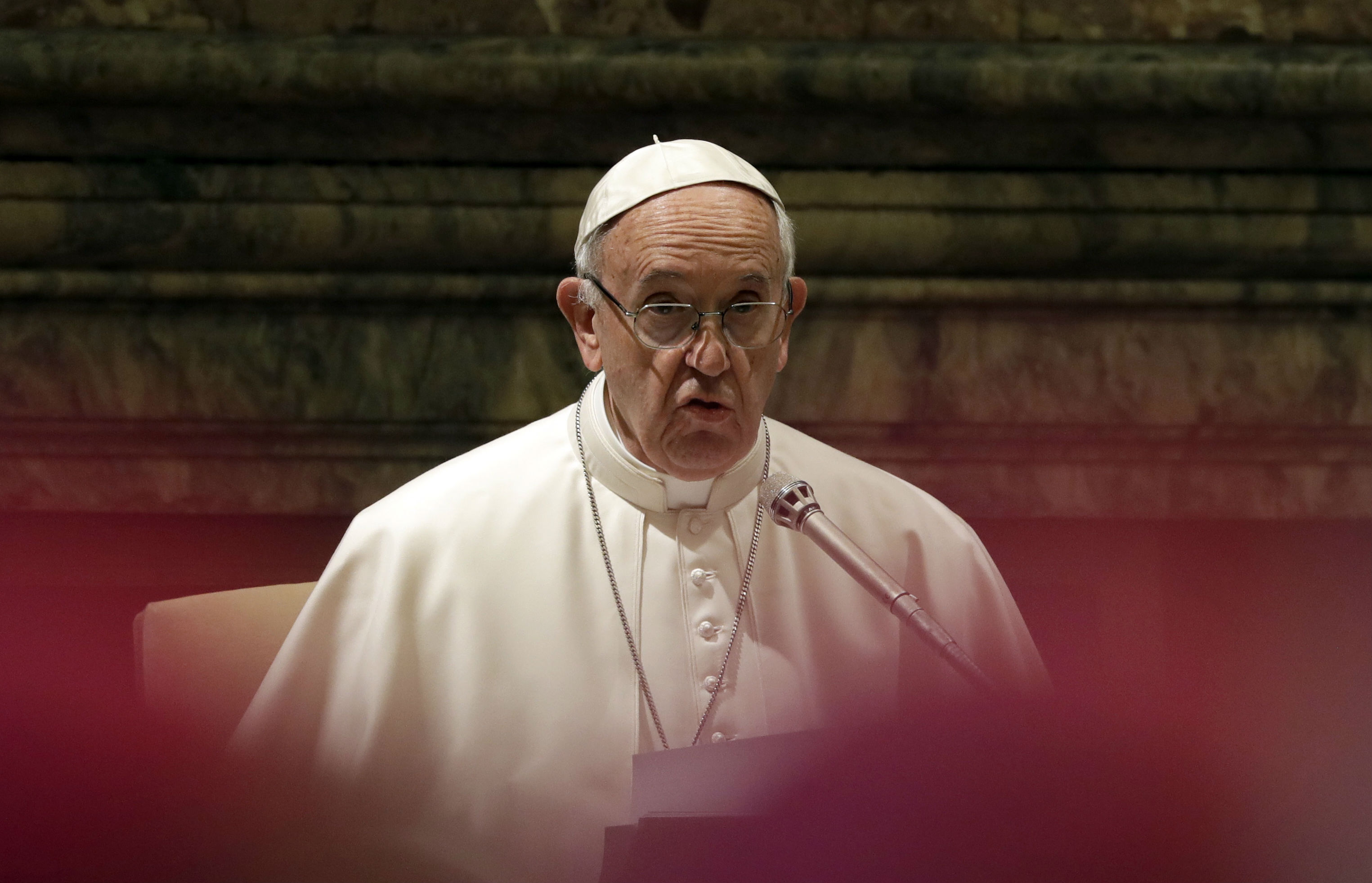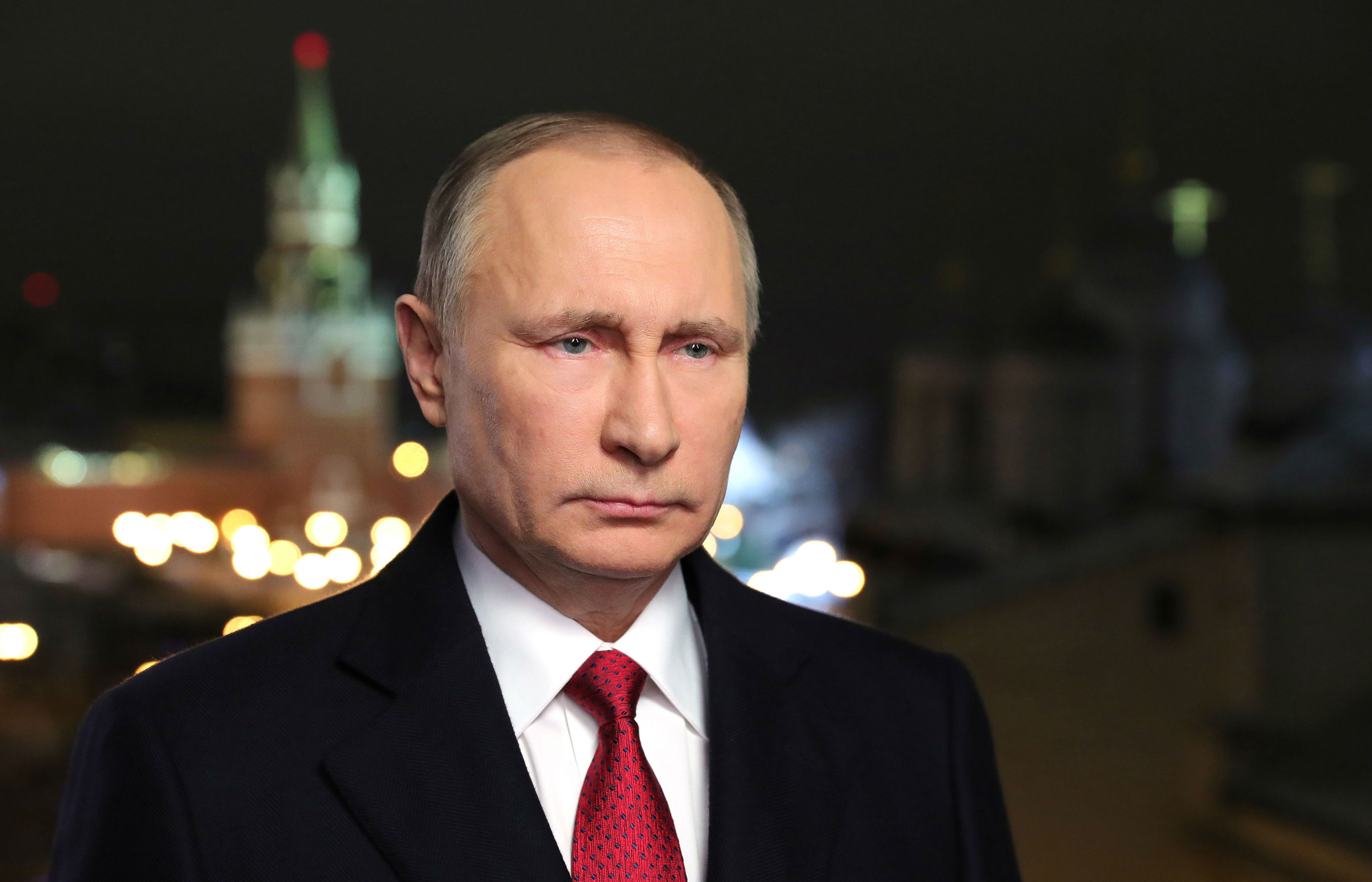A spokesman for Latvia’s Catholic Church has angrily dismissed fears of possible Russian aggression against his country, and accused Western media and politicians of exaggerating the dangers.
“Since it's so difficult to find the objective truth, it isn’t surprising people are confused,” said Fr Paul Klavins, administrator at Riga’s St James cathedral. “Information is being manipulated all the time, via both major media networks and informal channels. But I don't sense there's any great perception of new insecurity among Catholics in daily life.”
The priest was speaking on behalf of Archbishop Zbignevs Stankevics of Riga as NATO prepared to deploy 4000 troops in the Baltic States and Poland to counter perceptions of a growing threat from Moscow. In a Tablet interview he said he believed talk of Russian aggression was being hyped up by Western governments and media organisations. “Perhaps the military people know more - but we don't have any special complications with Russia in reality,” said Fr Klavins, who also lectures at Riga's Theological Institute. “Politicians are trying to scare us by highlighting the military presence on our border. But the Church has no particular opinion about this, and hasn't been asked for moral and spiritual guidance.”
Catholics make up a quarter of the two million inhabitants of Latvia, which became independent from the Soviet Union, alongside Lithuania and Estonia, in 1991 and joined the European Union and NATO in 2004. Fr Klavins said the Pope's February meeting with Russian Orthodox Patriarch Kirill had been viewed “very positively” in Latvia, 27 per cent of whose citizens are ethnic Russians. The priest added that he was confident US President-elect Donald Trump would stay committed to his Western allies after his 20 January inauguration, and pursue a strategy of “peace through strength” similar to that of President Ronald Reagan in the 1980s.
A NATO press officer in Brussels told The Tablet the new troops would count as a “rotational deployment”, rather than a permanent presence. However, he confirmed it would the first time NATO forces were being based in the Baltic States, and said the decision had been taken in light of Russia's 2014 occupation of Crimea.




 Loading ...
Loading ...